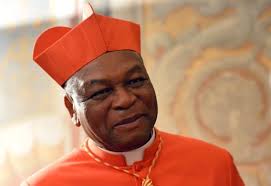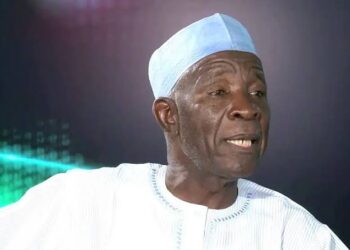Adeboro Damson, a Senior Advocate of Nigeria (SAN), publicly criticised the concept of the shadow government. In fact, he asserts that the Pat Utomi Shadow Govt Unconstitutional ruling aligns with the nation’s legal framework.
Damson spoke during an interview on Arise Television on Monday. Crucially, he argued that Nigeria’s constitution operates strictly on the presidential system. His remarks follow a ruling by the Federal High Court in Abuja. Specifically, the court declared the Pat Utomi Shadow Govt Unconstitutional plan “illegal and unconstitutional.”
First, Damson insisted that the principle of “expressio unius est exclusio alterius” (the express mention of one thing excludes all others) applies directly to the Nigerian Constitution. Therefore, he explained that since the constitution does not explicitly provide for a shadow cabinet, the concept cannot be legally accommodated.
“The positions of the constitution are very clear,” the SAN stated. “I cannot pinpoint a particular part of the constitution that provides for a shadow cabinet.”
Additionally, he clarified: “The constitution provides for a presidential system of government. It does not provide for a parliamentary system. Consequently, what’s not included is excluded, whether you like it or not.”
Damson’s legal position aligns directly with the recent judicial pronouncement. To elaborate, Justice James Omotosho of the Federal High Court, Abuja, declared the plan by political economist Prof. Pat Utomi illegal and unconstitutional on Monday.
The court’s ruling effectively restrains Prof. Utomi and his associates from proceeding with the initiative. Thus, the judgment reinforces the legal position that political engagement must operate within the bounds of the Nigerian Constitution. Its presidential structure does not permit forming a parallel government. In conclusion, the criticism by Adeboro Damson further cements this legal perspective.



































